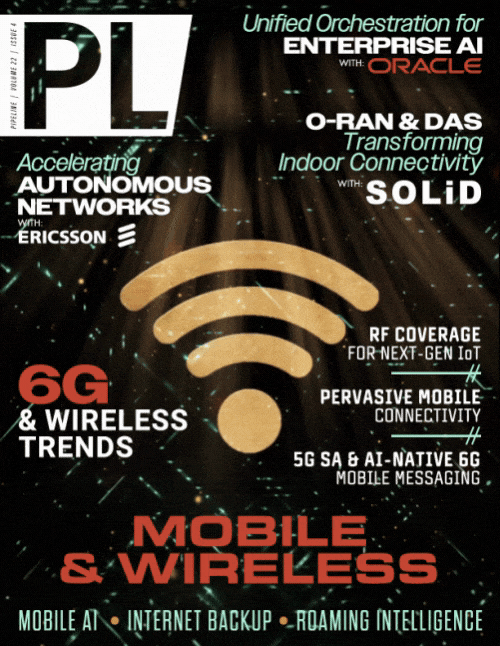5G Infrastructure Market Growth in Emerging Economies of Africa5G Infrastructure Market Should Be Taken Forward at a CAGR of 60.1%. by
2027 (LG, Intel, Huawei, Cavium, Cisco)
5G Infrastructure Market Witnesses Significant Growth in Emerging Economies of Africa5G Infrastructure Market Perspective 2021 The 5G infrastructure is the next generation of data centre solutions for mobile devices, allowing them to function as if they were in a traditional data centre. Google, Apple, Baidu, Microsoft, and several more businesses that are investing billions of dollars in the 5G infrastructure industry will provide spectacular results. Safaricom, an African provider, recently inaugurated its 5G network in Kenya in March 2021. The new 5G infrastructure, which was introduced in Nairobi, Kisumu, Kisii, and Kakamega, is planned to be expanded to 150 sites throughout nine municipalities over the next year. However, one aspect that is sometimes forgotten is what types of devices will be able to benefit from this new infrastructure. Everything will be able to move faster thanks to 5G wireless technology. Consider how you use the internet these days. It can be incredibly slow at times, causing many individuals to give up and return to a slower connection. Your data can be transferred at the speed of light with 5G wireless technology, so you'll never have to worry about a slow connection again. Consider how quickly you can download things on your phone right now. These benefits are projected to contribute in the expansion of the 5G infrastructure industry. Three major difficulties arise while considering the legalities of 5G infrastructure. The first will be whether or not existing telecoms will be able to function with this new technology. Some areas are already being disputed, but new standards may need to be established for the telcos to adopt. In addition, there will be new rules and regulations governing the usage of 5G wireless technology in automobiles. However, like with anything, these are always open to change. Such rules may stifle the expansion of the 5G infrastructure business. Companies Covered as part of this study include: Analog Devices, Inc. , Cavium, Cisco Systems, Inc., Ericsson, Fujitsu, Huawei Technologies Co., Ltd, Intel Corporation, LG Electronics Inc., MACOM Technology Solutions, MediaTek Inc., NEC Corporation , Qorvo, Qualcomm, Samsung, and VMware, Inc 5G Infrastructure Market Taxonomy On the basis of Communication Infrastructure, the 5G
Infrastructure market is diversified into: On the basis of Application, the 5G Infrastructure market is
segmented into: Next, we will look at how this will affect the different companies that use the wire line to connect to mobile devices. This is a very important issue because without it businesses will be forced to look at different options. The key to understanding this issue is understanding the current business model for players in the 5G infrastructure market. Cable services companies may need to purchase expensive cables that deliver high bandwidth signals to cell towers. However, if the same signals can be delivered using less costly wireless technology there will be a major boon in the market. Moving
on from the actual cables for voice and data transmission, let us look at how
this will affect the different providers of IP networks. In most cases, people
will have a preference between DSL, cable, and VoIP. Since this issue affects
all three, there will be some shifts in the way that these providers go about
their business model. Currently there is some resistance within the industry to
moving to IP networks. However, there are some powerful forces that are pushing
for this change and it has only been recently that these forces became strong
enough to convince the major telcos to change their existing network
strategies. If these forces continue to grow strong there will be no stopping
this transition in the 5G infrastructure market. Source: Coherent Market Insights media announcement | |

















